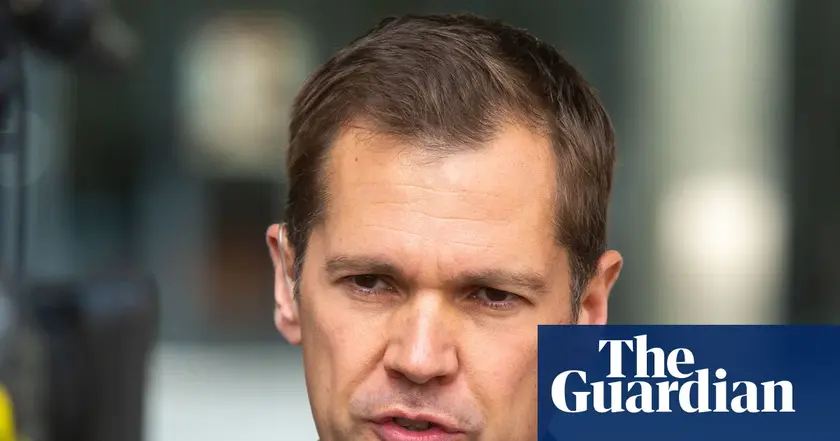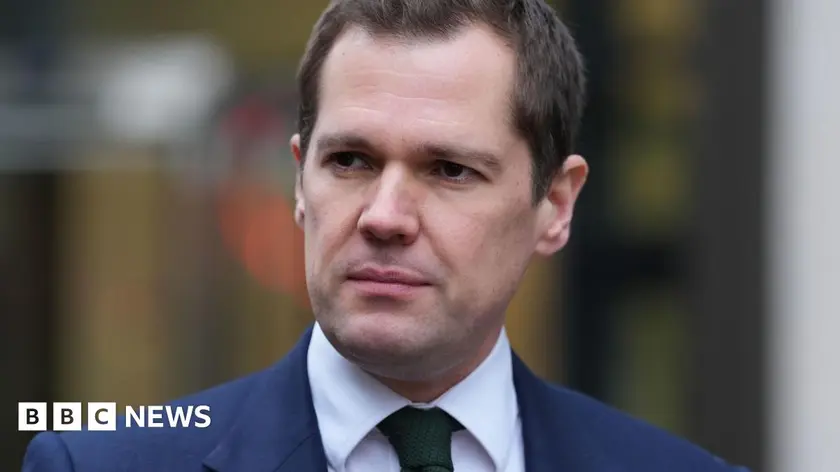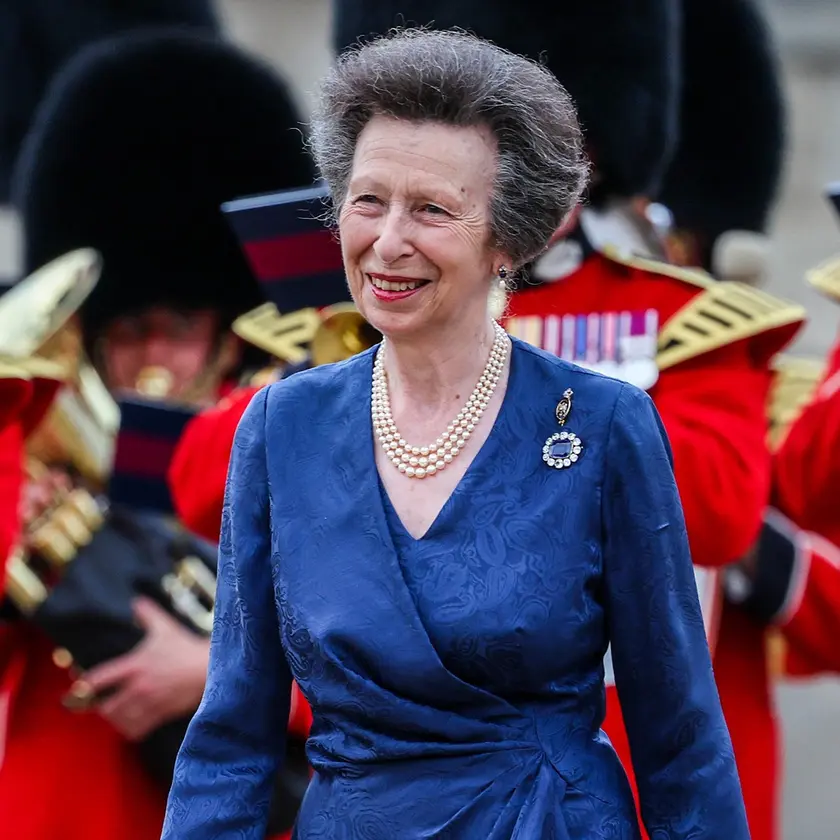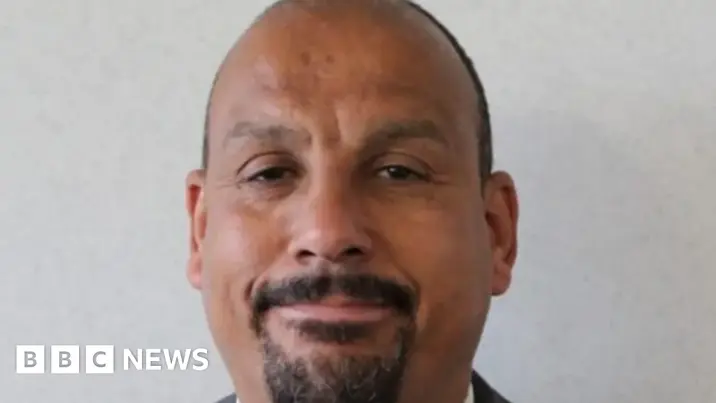T4K3.news
BBC apology over Thought for the Day xenophobia remark
The BBC edited a Thought for the Day segment after criticism that Jenrick's asylum comments were xenophobic.

The BBC apologised after a Thought for the Day segment quoted criticism of Robert Jenrick's asylum remarks as xenophobia and sparked a wider debate.
BBC apologises for Thought for the Day xenophobia remark
The BBC has apologised after a segment of Radio 4 Thought for the Day was retrospectively edited following criticism from Krish Kandiah, head of the Sanctuary Foundation, who described Robert Jenrick's asylum comments as xenophobia. Kandiah referenced remarks from the Mail on Sunday and argued that many arrivals are fleeing war and persecution, not a threat. The BBC said it removed some of Kandiah's language in the online version because it was not appropriate for the faith based radio slot.
Jenrick issued a sharp response on social media, saying those who fear migrants are being labeled as racist, and he argued that the debate reflects concerns about crime and safety. Alf Dubs, the Labour peer and former refugee, said xenophobia is a fair description of the rhetoric used by some politicians. The exchange comes amid rising tensions over asylum accommodation and protests outside hotels housing migrants. The programme Thought for the Day is cleared by two BBC staff, but editors decided to review and adjust language after broadcast, a step described by the BBC as necessary to keep faith programming non political while still addressing fear in society.
Key Takeaways
"I certainly do not want my children to share a neighbourhood with men from backward countries who broke into Britain illegally, and about whom we know next to nothing."
Jenrick's Mail on Sunday remarks cited in the discussion
"The technical name for this is xenophobia."
Kandiah on the description of Jenrick's fears
"Anything that encourages hostility and undermines mutual respect is xenophobic in its intent and consequences."
Dubs' reaction to the debate
"If you are concerned about the threat of illegal migrants to your kids you are racist."
Jenrick's reaction to the BBC segment
This episode highlights how religious programming walks a fine line between moral reflection and political debate. The BBC's decision to edit language after a pre cleared piece shows a cautious approach to avoid inflaming audience segments while still allowing a discussion about fear and welcome. It also raises questions about editorial control in a slot that has no right of reply, making the balance between openness and responsibility particularly delicate.
Beyond the BBC, the incident underlines how asylum policy has become a live issue in public life, influencing journalists, lawmakers and civil society. Reactions from politicians and refugee advocates reveal a fractured discourse where fear and humanity collide. The episode will likely shape how future faith based broadcasts handle references to immigration, crime and social cohesion, with implications for trust in media and for the treatment of migrants in public debate.
Highlights
- Fear needs facts not labels
- Thought for the Day must tread a careful line
- The truth can be uncomfortable but xenophobia harms
- Language can unite or inflame a community
Political sensitivity and public backlash
The exchange ties political rhetoric to media ethics in a sensitive public issue. The BBC’s handling of language in a faith based slot could provoke backlash from political factions and migrant communities, affecting trust in public broadcasting.
The incident leaves the BBC watching closely how faith based dialogue navigates policy driven controversy.
Enjoyed this? Let your friends know!
Related News

BBC explains xenophobia remarks apology

Prince Harry Denies Allegations of Brawl with Prince Andrew

Alex Jones shocked by BBC's decision on Jermaine Jenas

Bob Ballard dismissed from Eurosport for offensive comments

Princess Anne reveals new hair look in royal portrait

Kent councillor faces trial over inflammatory remarks

James Whale has died at age 74

Fewer resident doctors on strike during NHS stoppage
